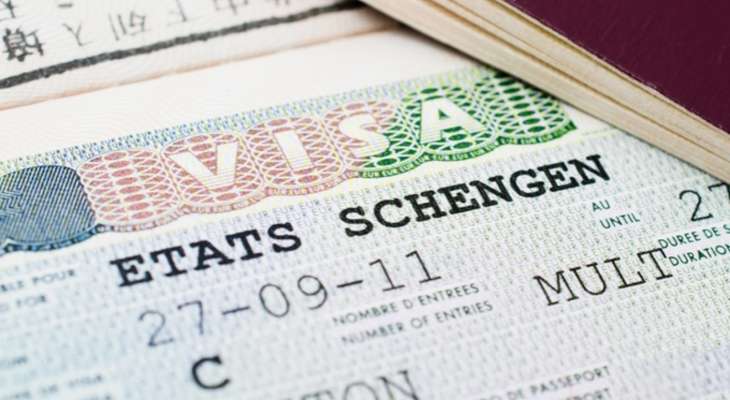European diplomats have indicated that European Union foreign ministers during their current meeting in the Czech capital Prague are likely to agree to suspend the visa facilitation agreement with Russia and force Russians to wait longer and pay more for their visas while the bloc remains divided over the imposition of a ban. Ideal for travel.
German and French authorities have warned that “banning entry to ordinary Russian citizens could be counterproductive.” document in which “we caution against exaggerating restrictions in our visa policy to prevent the Russian narrative from spreading further and inadvertently creating hostile policies that will alienate future generations.”
German Foreign Minister Annaline Bierbock indicated that she “prefers not to exaggerate the measures and it is necessary not to punish opponents who try to leave Russia.”
Ukrainian Foreign Minister Dmytro Kuleba dismissed the notion that a trip to the West could change Russians’ minds, and believes that “Moscow has been at war with Georgia briefly and annexed Crimea since it received easier visas to enter the European Union in 2007.” Union”.
Ukrainian authorities are urging Europeans to ban Russian tourists from entering in the context of the sanctions imposed on Moscow following Russia’s military operation in Ukraine, but the move is not unanimous and runs counter to the line so far followed by 27 countries in time. sanctions, which is carried out by the foreign ministers of the bloc in Prague and lasts two days.
As European airspace was closed to Russia in response to its attack on Ukraine, more Russians are seeking to enter Finland to move to other EU countries thanks to Schengen visas for short stays of 90 days out of a 180 day period.
Source: El Nashra
